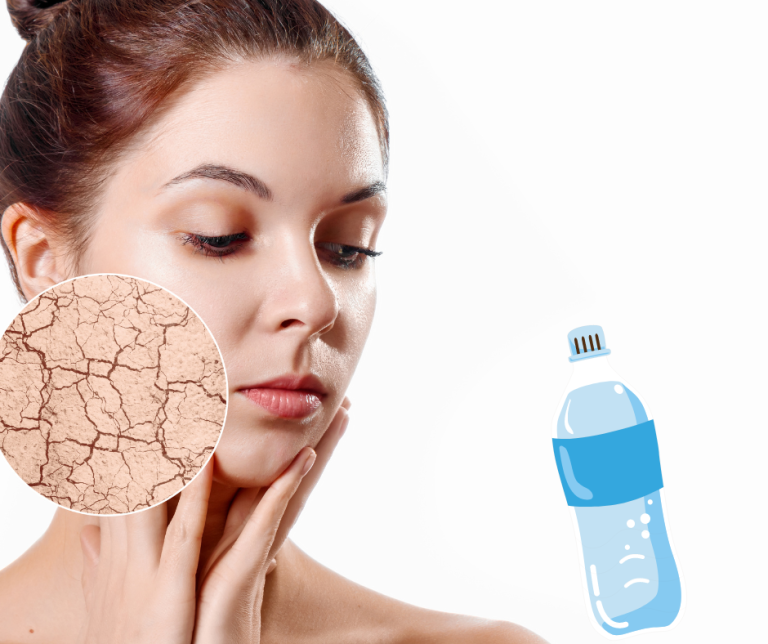Sie werden nicht glauben, dass diese 10 Lebensmittel die besten Krebsförderer sind

Während aufsehenerregende Schlagzeilen oft Aufmerksamkeit erregen, ist es wichtig, mit Behauptungen über Lebensmittel und Krebs vorsichtig und kritisch umzugehen. Während bestimmte Ernährungsgewohnheiten das Krebsrisiko beeinflussen können, kann die Kennzeichnung von Lebensmitteln als „Krebsförderer“ irreführend sein. Hier sind jedoch zehn Lebensmittel,…







